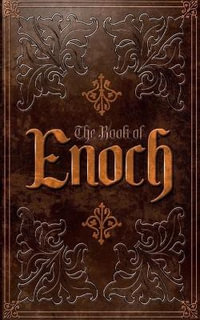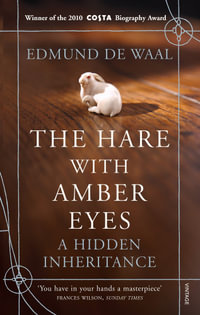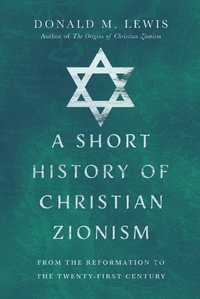From Publishers Weekly:
This is the quest of a poet and therapist who wrestles with the myths of Genesis in order to understand himself, his Jewish heritage and the dilemmas of manhood in the 20th century. The Genesis stories, Pitzele writes, are "slippery, quick, powerful, alien, intense, unremitting. They grip me, and I grapple with them." To reclaim the myths, Pitzele explores the tiniest crevices in the biblical legends by using the techniques of psychodrama, thereby freeing the patriarchs from their traditional roles. Suddenly they live for us; their poignant, passionate voices jump off the pages. They speak of loneliness and sexuality, fatherhood and brotherhood, rejection and insecurity, faith and legacy, struggle and dream. What is most dramatic about Pitzele's interpretation, however, is its personal focus. He risks sharing the tragedies and soaring spiritual moments of his own inner life when they parallel the biblical narrative. Nor is his the perspective of an insider who grew up with the Bible. Rather, it is the vision of one for whom, in youth, the question "Are you a Jew?" fell "like water on an impervious rock" and who only later found wisdom in the ageless stories of Genesis.
Copyright 1995 Reed Business Information, Inc. --This text refers to an out of print or unavailable edition of this title.
From Booklist:
This collection of midrashim on the myths of Genesis grows out of the author's psychodramatic practice. Psychodrama is a potentially creative and powerful means for the reinvention and reclamation of myths, biblical and otherwise. That creativity and power are reflected in these pages, where Pitzele constructs an encounter with the myths of Genesis that is at once personal and collective, grounded not only in his own experience, but also in group processes of psychodrama. Among Pitzele's most important contributions is his insistence that we dig anew the ancient wells that our fathers dug. This redigging of ancient wells provides an opportunity to move toward a postpatriarchal vision that includes celebration of the power of one's fathers without repetition of the oppression with which it has so often been associated. To the extent that Pitzele succeeds in this, his encounter is a search for a usable past, and that is a search worth encouraging wherever it occurs. Steve Schroeder --This text refers to an out of print or unavailable edition of this title.
























